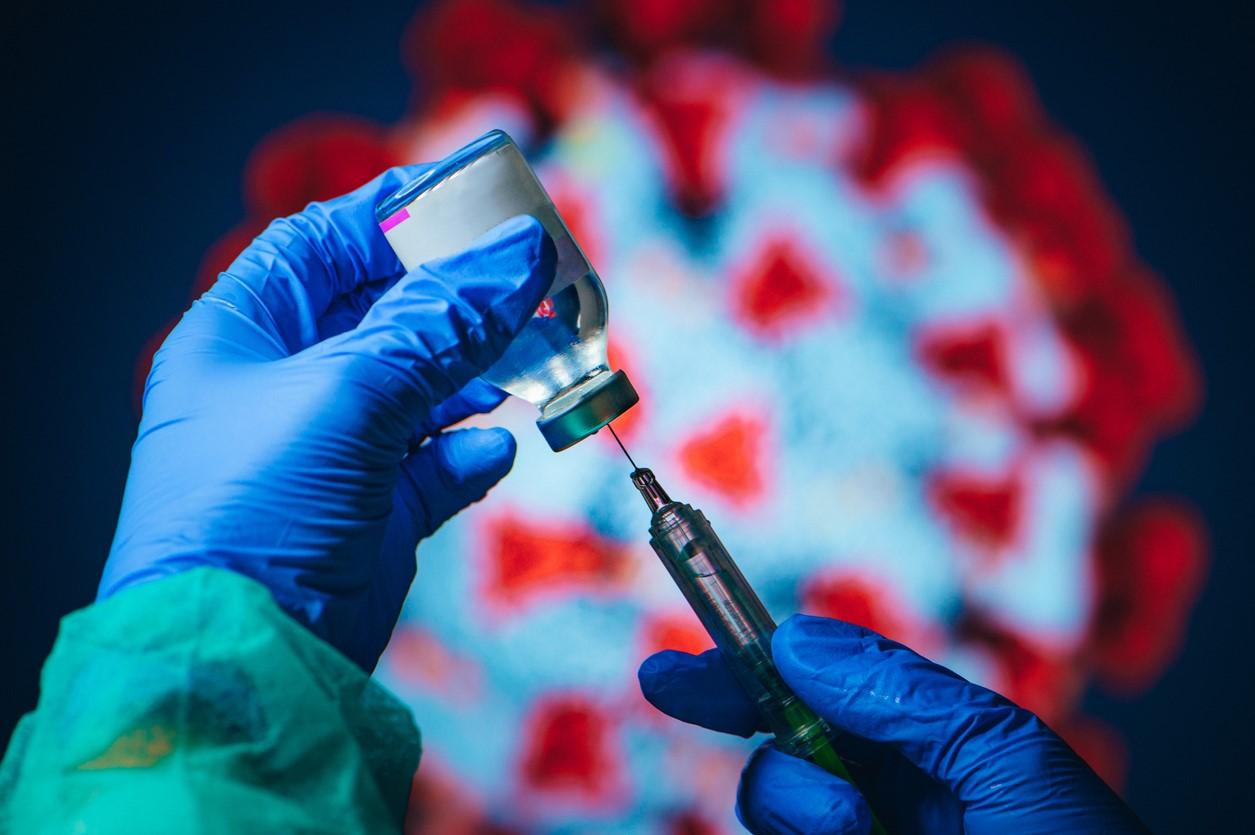A new study out of Denmark suggests COVID-19 vaccines offer good protection against reinfection in people who had already acquired the virus, sometimes up to 9 months. The study, which looked at protection offered during the Alpha, Delta, and Omicron waves is published in PLOS Medicine.
The study population included more than 700,000 people with prior SARS-CoV-2 infection who were identified in national Danish registries from Jan 1, 2020, to Jan 31, 2022. The authors estimated vaccine effectiveness (VE) for different variant periods, and by time since vaccination using unvaccinated citizens as the reference.
VE against reinfection following any COVID-19 vaccine type administered in Denmark peaked at 71% (95% confidence interval [CI], -Inf to 100%) at 104 days or more after vaccination during the Alpha period, 94% (95% CI, 92% to 96%) 14 to 43 days after vaccination during the Delta period, and 60% (95% CI, 58% to 62%) 14 to 43 days after vaccination during the Omicron period.
"Even though vaccination seems to protect to a lesser degree against reinfection with the Omicron variant, these findings are of public health relevance, as they show that previously infected individuals still benefit from COVID-19 vaccination in all three variant periods," the authors said.
New variants make VE estimates slippery
In an email to CIDRAP News, first study author Katrine Finderup Nielsen, MS, said the study purposefully excluded vaccine recipients who were infected less than 90 days before, but did not take into account booster doses administered after January 2022.
Gregory Poland, MD, of the Vaccine Research Group at the Mayo Clinic in Rochester, Minnesota, said the study confirms that vaccination offers protection against reinfection for at least several weeks, but new variants make studying VE difficult for researchers.
"The problem is this is a multi-dimensional matrix that consists of what you got infected with, which vaccines you've had, how many, how long ago, and what's circulating now," Poland said.
He believes that a previous natural infection with COVID-19 and two vaccine doses mean someone who is reinfected is very unlikely to die or even end up in the hospital with a subsequent case, but the risk of developing acute and post-COVID symptoms is real.
"The risk of long COVID is 20% to 25%. The risk of complications from acute infections vary from 20 to almost 100 per thousand cases," Poland said. "Remember, 1 out of 298 Americans are dead from COVID-19."
Warning before the holidays
Ziyad Al-Aly, MD, chief of Research and Education Service at Veterans Affairs St. Louis Health Care System, has published recent studies on reinfections in vaccinated people. His message is clear: "Reinfected people are still at risk for problems and long COVID. Reinfections are not benign.
"The virus is always outpacing and outsmarting us. We do a study on Delta, then Omicron comes out, but what we now see is the hybrid immunity of vaccine-derived immunity and natural infection is not a complete shield."
Al-Aly and Poland both said their message, though sobering, is important as Americans begin a 6-week holiday season starting with Thanksgiving tomorrow.
First, though not foolproof, both recommended that people get all vaccines and boosters on the suggested timeline as described by the Centers of Disease Control and Prevention.
Al-Aly said he would advise wearing a well-fitted mask during holiday travel, and Poland says a proper mask is as vital to people as wearing a seatbelt in a car. Optimal protection is afforded by wearing a tight-fitting respirator such as an N-95.
"There will be people who will read this and they will be dead or in the hospital before Christmas," said Poland. "So we have to balance known risks and known benefits, and make choices based on data."




















